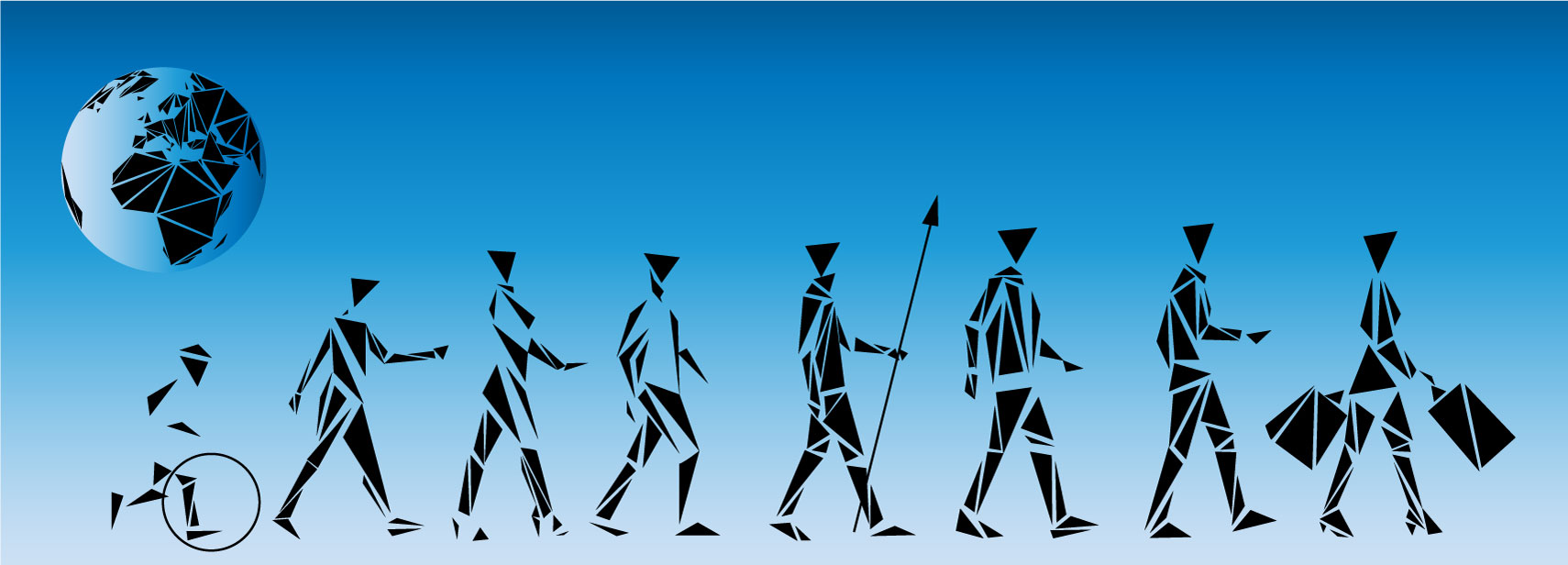RIO DE JANEIRO, BRAZIL – The world report on quality of life released yesterday places Brazil in the 8th-worst position in income inequality, behind only African nations. The result is a reflection of the contrast between poverty pockets and wealth in the country.
The income inequality index, known as Gini, was released by the UNDP (United Nations Development Program), along with the HDI (Human Development Index) report. The data relate to statistics for the year 2019 and therefore do not reflect the impact of the novel coronavirus pandemic on countries.
In Alagoas, the state with the second lowest income per inhabitant in Brazil, fisherwoman Jaqueline Araújo, 38, lives in the Sururu de Capote favela, on the shore of the capital city Maceió, and lives on R$180 per month that she gets from the Bolsa Família (Family Grant).

“My emergency aid was interrupted in September and I returned to the Bolsa Família. It was a big drop,” she said. “But with the aid I managed to buy groceries, as well as some things for my granddaughter and a second-hand stove.”
Jaqueline lives in a small shack with four other people: two children, her daughter-in-law and a granddaughter. The family lives on what she gets from the federal government, in addition to what she earns from her job of husking the sururu (a shellfish caught in the Mundaú lagoon).
“Only my younger son is listed in the Bolsa Família, the amount is low. Now I’ve begun to work again, but the sururu is ending. It is very scarce, it isn’t yielding much. It’s less than a kilo per can; I shell three cans a day when there is some”, she said. “Each shelled kilo yields R$4”.
The ranking is based on the Gini coefficient, which measures inequality and income distribution. Brazil reached a coefficient of 53.9. According to UNDP, for this indicator, zero represents absolute equality and 100, absolute inequality.
Out of 84 countries ranked, Brazil is worse than only seven other countries, all located on the African continent: South Africa (63); Namibia (59.1); Zambia (57.1); São Tomé and Príncipe (56.3); Central African Republic (56.2); Swaziland (54,6); and Mozambique (54).
The result is similar to last year, when Brazil ranked 7th-worst in inequality.
Overall quality of life ranking
Despite holding the 8th most unequal position in the world, Brazil has an HDI considered high, at 0.765 (the closer to 1, the higher the human development).
The newly released HDI figures show that Brazil lost five positions in the overall ranking, going from 79th to 84th, despite the slight increase in the national index, which rose from 0.762 to 0.765 between 2018 and 2019.
The HDI gauges the progress of countries in terms of healthcare, education and income. The ranking is led by Norway, whose HDI stands at 0.957. On the other end, Niger scores the worst, at 0.394.
The main factors that make up the HDI are life expectancy, schooling years and per capita GDP (Gross Domestic Product), which is the amount of wealth produced by a country divided by the number of inhabitants.

